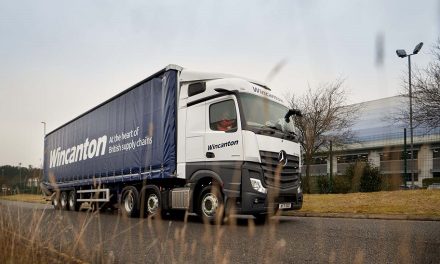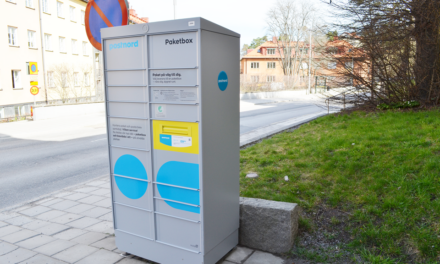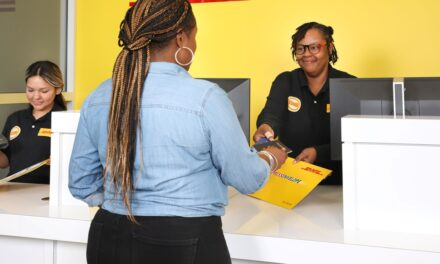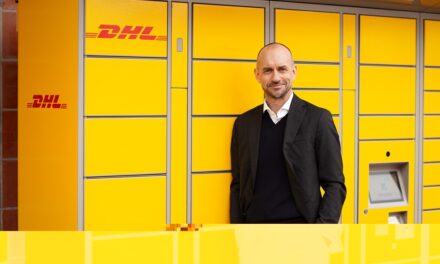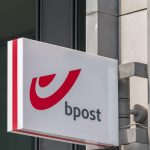
EU Enlargement – Major players rev up parcel delivery trade
Marek Rozycki spotted a gap in the market for a domestic express operator in 1991 and set up Masterlink with six Czech motorcycles, four of which were not working on the first day.
But, from that inauspicious start, the business took off.
"The market exploded and we grew very rapidly, " Rozycki says.
By 1994, there were four or five major players in the market, excluding Servisco – now owned by DHL– and Polish Post.
GeoPost, the French post office-owned European parcels company, took a 50% stake in the business in 2002, and is in the process of buying out the other shareholder, the Swedish post office.
Rozycki has also been put in charge of GeoPost's businesses in the Czech Republic and Slovakia. "The Czech and Slovak logistics markets are less advanced, " he says. "Competition in Slovakia is where Poland was 10 years ago." "But the markets are very flexible, " he adds. "We are not as constrained as an integrator would be, and we are taking advantage of our local knowledge to introduce new products and services.
"Two years ago we started working with one of Poland's biggest banks, " Rozycki says.
"The quality of our couriers and our flexible systems enables us to provide a back office service, including checking identities and signatures." Masterlink now employs 1,300 people, 1,000 of whom are couriers. It carries 5m parcels a year and is still growing 50% year-on-year.
Managing rapid growth has also been the challenge for RGW Express, which rates itself as a typical courier company. Continuing annual market growth of 30% has confounded operations director Marcin Raczkiewicz, who expected the sector to slow this year. Now he predicts similar levels of growth for 12-18 months after accession.
The major players also wasted no time in entering the post-communist markets of central Europe.
UPS, which was established in Poland in 1992, targeted the domestic market in 2001 with the acquisition of Polish Parcel Service Polkurier.
Mark van der Horst, director of EU affairs for UPS Europe, says UPS is taking the opportunity offered by EU expansion to introduce a full range of time-definite services.
Connecting Warsaw, Prague and Budapest into the ground-feeder network, is key to the new services, he says.
Rival TNT entered Poland in 1992, initially using only air, followed by linking into TNT's European road network in 1995. Asecond aircraft was introduced in 2001 to serve the Katowice region, which is dominated by the automotive and hi-tech industries.
"In the three years since, we've increased revenues in the south of Poland by 300%, " says Robert Mianowski, country general manager.
"In the early 1990s, courier services were almost unknown in Poland and they were extremely expensive, " he says. "For the first three years, we had to teach the market what value express services could bring to business." Starting from such a low base, TNT was able to record 80% annualised growth in the early 90s, a rate that slowed to 40% by the end of the decade, and now hovers around the 18-20% mark.
"The domestic market is not our prime target, " Mianowski explains. "The problem is the relation between the average price of business for domestic parcels and the costs of maintaining one of the 10 biggest IT networks in the world." The strength of the automotive sector in Poland (see previous page) has made TNT Special Services a very successful part of the business, Mianowski points out, delivering annualised growth of 40%. "We work with all the major players in Poland's automotive sector – GM, Toyota, which makes gearboxes in the country, and Volvo, which has a major bus manufacturing plant.
"We have an automotive control centre, with dedicated customer services to handle automotive sector assignments, " he adds.
"After 1 May, all nightmares will be gone, " Mianowski says. "The end of customs hassles will lead to a decrease in costs and reduce transit times by one or in some cases two days." DHLtook the same route as UPS – buying a local operator to increase access to the domestic market.
When Servisco was established there were no private distributors of parcels, Aleksander Morozowski, CEO of DHLExpress, says. As the leader in the domestic express parcels business, it was high on the shopping list of DHL's owner Deutsche Post World Net, he says.
Rival operators question whether DHLcan keep its exclusivity after the merger – DHLand Servisco had different customer bases, with DHLoffering top quality and correspondingly top prices compared with Servisco's domestic services.
But Morozowski responds that the company has achieved 80% approval ratings from both DHLand ex-Servisco customers.
"The integration has been very successful, " Morozowski says. "Now we are starting to change the image of the company in the marketplace.
"Today the development of infrastructure know-how has been put on an international level, but there is no visible difference for the customer."

